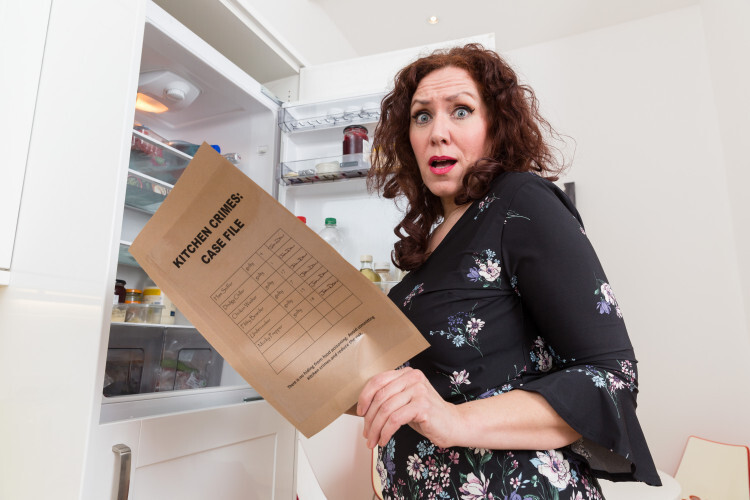News & Updates
Food Standards Scotland launches new campaign to reduce the risk of food poisoning by raising awareness of ‘20 Kitchen Crimes’

- The campaign highlights that, on average, people in Scotland are committing 9 out of 20 common ‘kitchen crimes’ which could lead to food poisoning
- Estimated to be around 43,000 cases of foodborne illness in Scotland annually, with 5,800 GP visits and 500 people needing hospital treatment
- Consumer research has indicated that more than half (56%) of people are not concerned about food hygiene at home
Food Standards Scotland (FSS) is today (10 January 2018) launching a new food safety marketing campaign aimed at encouraging good food safety practices in the home.
The campaign highlights 20 common ‘kitchen crimes’ which could potentially lead to food poisoning. A recent survey for FSS has shown that people in Scotland only follow 11 out of 20 food safety practices on average. Following some simple good food safety practices at home can reduce the risk of contracting food poisoning from bacteria such as campylobacter – which is found on raw poultry and is the biggest cause of food poisoning in Scotland.
FSS has identified the following as some common behaviours:
- Using the ‘sniff test’, for example to check if ham is still safe to eat – you can’t smell the bacteria which cause food poisoning, so it’s safest to always go by the ‘Use By’ date.
- Not checking the fridge is at the right temperature – too warm and harmful bacteria can grow more quickly.
- Washing chicken – this can splash harmful bacteria around the kitchen. These will be killed by cooking so there’s no need to wash.
The campaign encourages people to check which of the 20 ‘kitchen crimes’ they’re committing with an online quiz at http://www.foodstandards.gov.scot/interactives/kitchen-crimes
Dr Jacqui McElhiney, Head of Food Protection Science at Food Standards Scotland, said: “Our consumer research shows that too many people in Scotland are often still complacent about food safety in the home, developing bad habits and disregarding important things like ‘Use By’ dates and fridge temperature.
“When we overlook, or are unaware of, food safety advice, we put ourselves and the people we are cooking for at risk of food poisoning. And while those of us who are in good health might just be ill for a couple of days if we get food poisoning, it can be much more serious for the elderly or young children, and can in some cases lead to long-term health issues.
“No one wants to give themselves or their family food poisoning – check your own record on our website and take some small and simple steps to help reduce the risk.”
There are estimated to be around 43,000 estimated cases of foodborne illness in Scotland annually, yet 56% of people are not concerned with food hygiene at home. Serious instances of illness tend to be rare, but avoiding ‘kitchen crimes’ can reduce the chances even further.
Download the toolkit to access campaign materials including photographs, posters and suggested social media interaction.